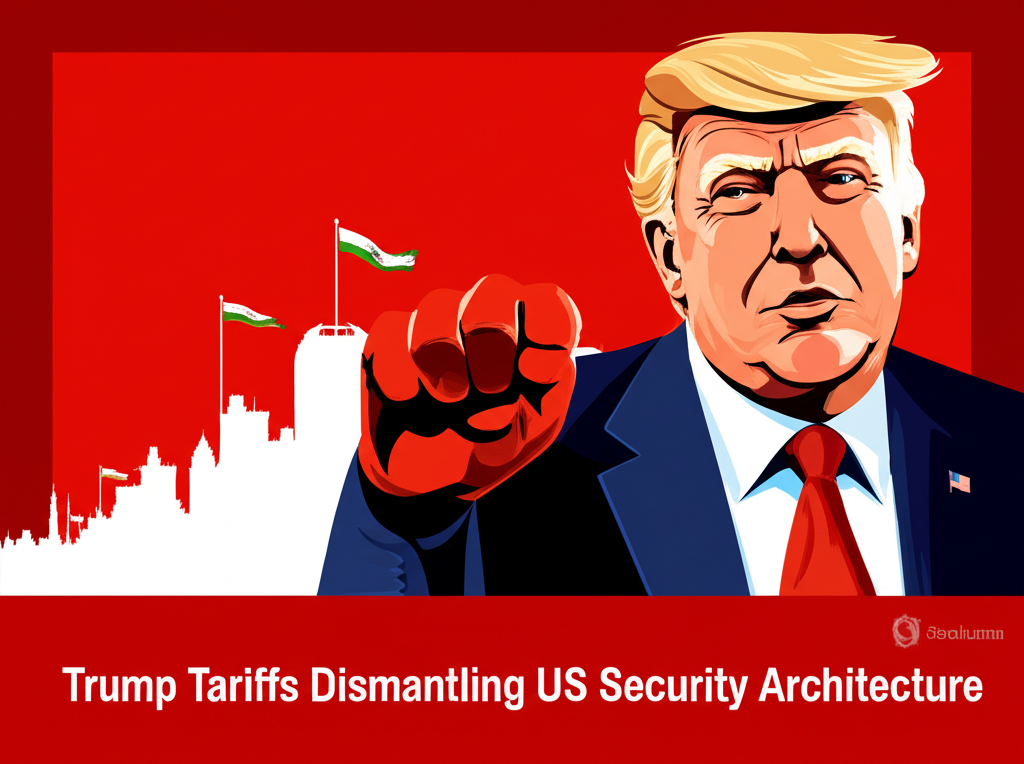
Saralnama
The post-1945 world order, meticulously constructed by the United States over seven decades, stands not upon military might alone, but upon a complex edifice of alliances, economic interdependence and a rules-based framework. Its genius lies in recognising that American security and prosperity are inextricably bound to the security and prosperity of key regions across the globe. The Trump administration's aggressive imposition of tariffs, framed within a rhetoric of economic nationalism, constitutes not merely a recalibration of trade policy but a profound act of geopolitical malpractice, actively dismantling this intricate strategic architecture, born from the ashes of the Second World War and the exigencies of the Cold War. The historical basis for American protectionism, articulated forcefully by its first Treasury secretary Alexander Hamilton, was inherently developmental and temporary, designed to nurture vulnerable infant industries within a nascent republic operating in an era of explicit isolationism. Hamilton’s vision was never intended as a blueprint for a global superpower deeply embedded in a network of alliances and security commitments. President Trump’s application of protectionism, however, reveals a troubling inconsistency in statutory interpretation, where the Fourteenth Amendment’s birthright citizenship clause is subjected to contextual analysis to “cure a mischief”, and the Tariff Act of… (Updated 24 Aug 2025, 17:16 IST; source: link)
